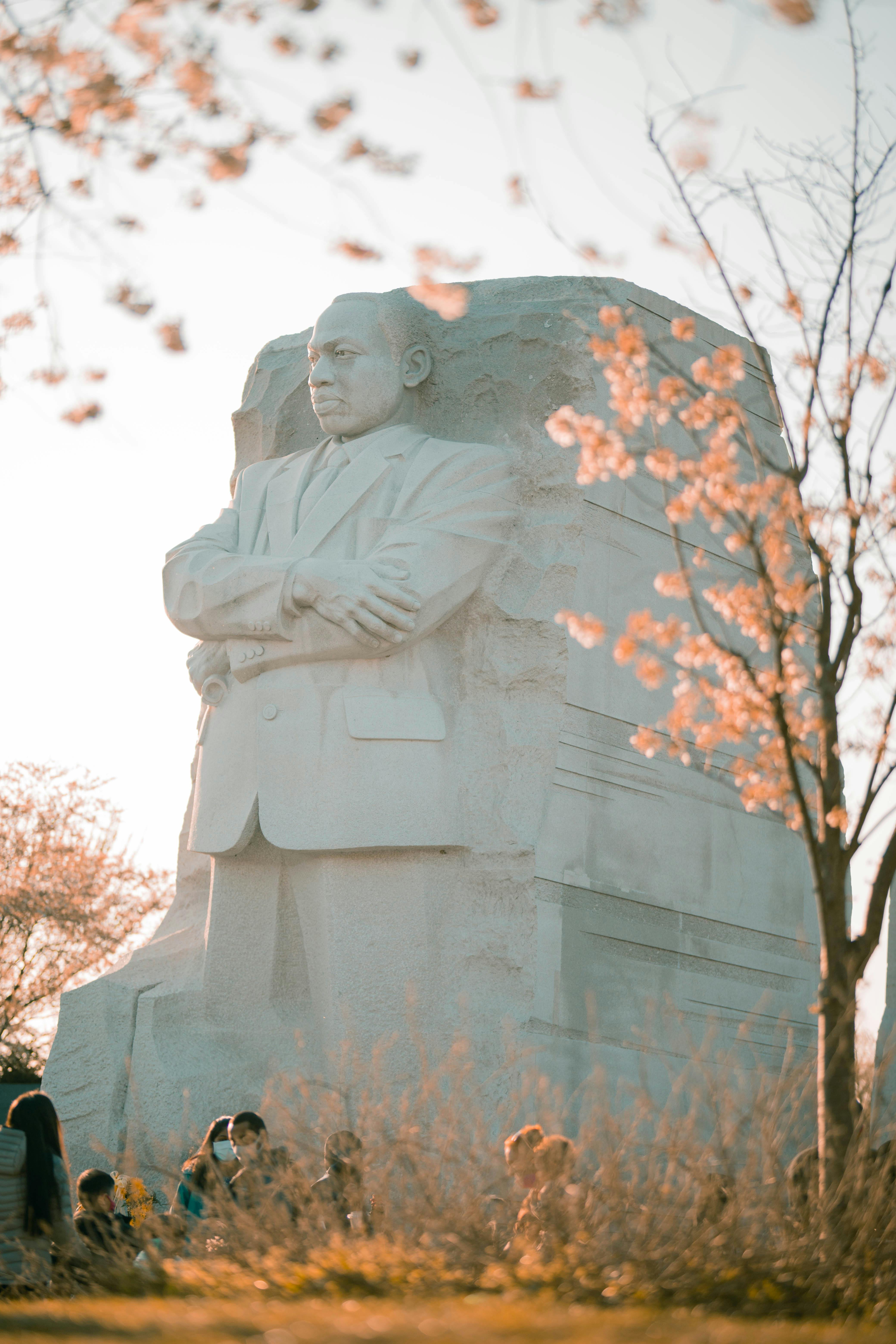Martin Luther King Jr. was one of the most inspiring and influential leaders of the 20th century. Born on January 15, 1929, in Atlanta, Georgia, he became the face of the American Civil Rights Movement and devoted his life to fighting racial inequality through nonviolent activism.
Early Life and Education
King grew up in a time of deep racial segregation. Despite the obstacles, he was a bright student, skipping two grades before enrolling at Morehouse College at the age of 15. His father and grandfather were both pastors, influencing his early understanding of faith and justice. After earning his degree in sociology, he attended Crozer Theological Seminary in Pennsylvania, where he became familiar with the teachings of Mahatma Gandhi and the principles of nonviolent resistance. This philosophy would become central to his life’s work.
The Civil Rights Movement
King’s involvement in the Civil Rights Movement began in earnest in 1955 with the Montgomery Bus Boycott. After Rosa Parks’ arrest for refusing to give up her bus seat to a white passenger, King was chosen to lead the boycott, which lasted for 381 days. The protest ended successfully with the Supreme Court ruling that segregation on public buses was unconstitutional. This victory propelled King into national prominence and established him as a leader committed to change through peaceful means.
“I Have a Dream” and the March on Washington
Perhaps King’s most famous moment came on August 28, 1963, during the March on Washington for Jobs and Freedom. Standing before a crowd of over 250,000 people at the Lincoln Memorial, King delivered his iconic “I Have a Dream” speech. In it, he envisioned a future where people would be judged “not by the color of their skin, but by the content of their character.” His words galvanized the nation and became a defining moment in the struggle for civil rights.
Nobel Peace Prize and Continued Advocacy
King’s unwavering commitment to nonviolence and justice was recognized worldwide. In 1964, at the age of 35, he became the youngest recipient of the Nobel Peace Prize. King continued to advocate for civil rights, poverty alleviation, and opposition to the Vietnam War. His focus expanded beyond racial equality, addressing broader issues of economic injustice and peace.
Legacy and Impact
On April 4, 1968, King was tragically assassinated in Memphis, Tennessee, at the age of 39. His death was a devastating blow to the Civil Rights Movement, but his teachings and spirit of activism continue to inspire generations worldwide. The principles of nonviolence, equality, and justice he championed remain central to ongoing struggles for human rights and social change.
Martin Luther King Jr.’s life is a testament to the power of steadfast courage, compassion, and the pursuit of a more just world. His legacy lives on through the countless individuals and movements that continue to fight for civil rights, equality, and peace in every corner of the globe.
